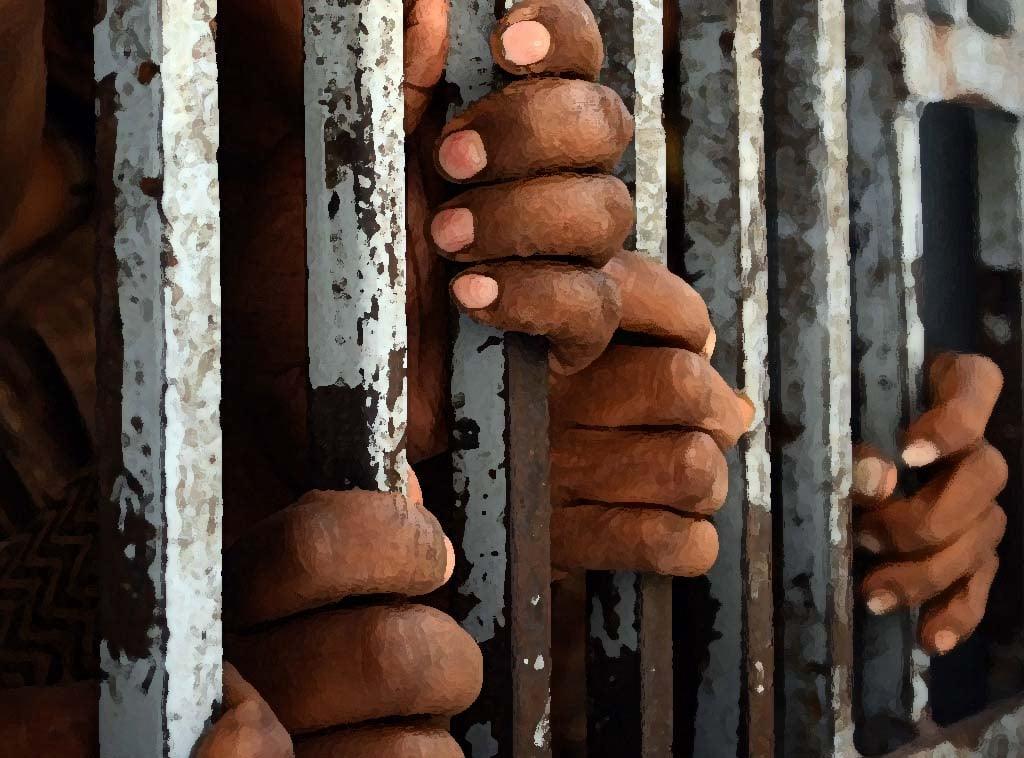Lahore:
The Pakistan Human Rights Commission (HRCP) has published a full regional regional policy framework on the protection of human rights of fishermen who are inadvertently captured through the maritime borders of Pakistan and India.
The report highlights the fate of poor fishermen from the two countries, the discriminatory treatment with which they face in prisons and the devastating impact of their detention on their families.
According to the report, dozens of Pakistani and Indian fishermen are arrested each year in the Oman Sea to involuntarily cross maritime borders. Most of these fishermen belong to poor coastal communities and are held for long periods without testing, completely cut off from their family.
The HRCP stressed that the arrest of fishermen should be dealt with as a humanitarian concern rather than a question of national security or political dispute. “It is not a political question but a human tragedy that can no longer be ignored,” said HRCP director Tahira Hasan.
The report attributes the main cause of these arrests to the absence of clearly delimited maritime borders between the two countries.
Many fishermen, devoid of modern navigation equipment, move away without knowing it in foreign waters and are arrested. Once incarcerated, they often support years in prison, while their families suffer from immense emotional and financial difficulties.
Based on two years of research, including interviews with more than 100 affected families and an analysis of international laws, HRCP has presented several concrete recommendations.
These include compulsory notification to families and consular officials within 24 hours of an arrest, a demarcation of clear maritime borders, joint surveillance of border areas, prevention of guardian violence, a service of medical care and regular communication rights for prisoners with their families.
The report also includes heartbreaking testimonies from families on both sides of the border.




